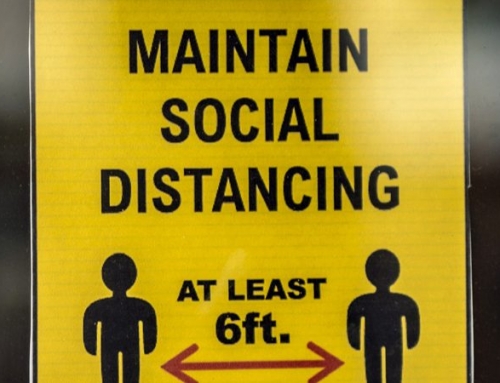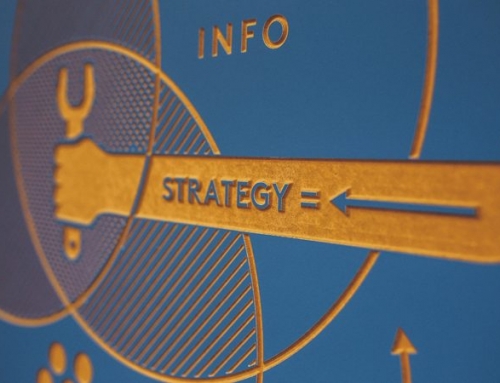Pay Per Click (PPC) only costs if people click…
PPC, or pay-per-click, is pretty much what it says on the tin. You pay each time someone clicks on your link. You can attempt to gain visits to your site organically – in other words you produce great content, which is relevant to your user and mean they want to visit your site. Alternatively, and more realistically in the noisy world of the internet, you produce an ad that is more prominent on search engine pages and each time it is clicked you pay a fee for the referral to your site.
Although not the only form of PPC, search engine advertising is one of the most popular. This type of pay-per-click allows marketers to bid for ad placement in a search engines sponsored results, dependent on the keywords searched for by the user. As your customers are as likely to click on a second page of results as England winning the World Cup – trying anything to get yourself at the top of the list of searches is worth the investment.
A Quick Guide to Google AdWords
One such paid search engine PPC service is Google AdWords. It is Google’s advertising service in which you buy a place on a SERP (Search Engine Results Page). You do not need to try to build your ranking organically through the relevance and authority of your site, instead you demand immediate results by paying for a place.
Another way to describe Google AdWords is as a paid search. Google indicates that you have paid to appear on this SERP by placing a small yellow “ad” icon next to your listing.
When setting up your Google AdWords you research hard to find the keywords that your searcher might use on Google to find you. This is similar to search engine optimisation keyword research, which you can use to make your site more relevant. You then need to build an advert listing around these keywords.
This sounds pretty straightforward and a great way to be seen again and again by potential customers. But, it is not that simple.
The difficulty arises when more than one company wants to buy a search result on the same keywords. It is then that you must bid for the best place in the listings, and hopefully this is above your competitors’ listing! The more you offer to pay-per-click – the more you are likely to appear at the very top of the list. As research suggests that users only glance at the first three listings, maximum, the higher up you are the more successful your Google AdWords campaign will be.
Unfortunately, or not – depending on your view – with Google AdWords it is not always just about the highest bidder. Google want to offer the best results for the user and so apply a quality score too. This means that Google assesses the relevance and usefulness of your ad to the search and the search terms. This is sometimes dictated by the previous click-through rate (CTR) but is also measured by the relevance of the landing page too. The landing page must be specific to the search, for instance, and cannot be your generic homepage. A high-quality score will give you the chance to rank above rivals, even if your rivals bid more for the SERP listing place.
You can ask Google to manage your budget for you, so telling them a set amount you are willing to pay. Alternatively, you can offer a set amount per click – or the cost per click. You can also choose the cost-per-impression. This means you pay Google for every 1000 times your ad appears on the SERP. The search engine gets paid even if your ad is not clicked on. However, the idea of this option is that each time your company appears in a search the more conscious your target user will be of your presence in the market.
One research project found that 40% of users failed to realise that Google AdWords was marketing. This makes it an extremely effective marketing tool, as the user is unaware they are responding to promotional materials.
Imagine the cost-benefit analysis of PPC!
The main reason you would opt for PPC is because it is an entry level marketing option for small companies. It pays by results and is relatively cheap in comparison to other marketing strategies. It is also easy to match your PPC campaign to your business goals. If you wish to push forward a particular area of your brand, service or product, then you can target your PPC keywords to this area of the business. You may even want to convert more people to content where you are positioning yourself as a thought-leader – it is possible to do this too.
Another reason why PPC is so popular is because it produces copious metrics. Google AdWords works in combination with Google Analytics – which allows you to see the performance of impressions, clicks and conversions – and then use these to help define your business goals. The stats available are mind-blowing and can help you segment your audience and deliver content that interests them – all based on their interaction with your online presence.
PPC offers a lot of budget flexibility. If you are small and starting out or if you are running a major promotional push for a multi-billion pound endeavour – you have the choice of strategy that would work for either. You are in control of your bids and therefore completely in control of your budget. If a link is seeing positive results, you can up your budget and push the success. If an ad on a particular keyword is showing little success, then you can quickly pull it from use.
Overall
Ultimately, PPC and Google AdWords in particular, offers powerful, targeted marketing for a relatively reasonable price. If you are strategic in your application of your PPC budget, produce landing pages of quality to connect to your links and use the metrics to continually refine and therefore improve your response – then you are going to see incredible results.






